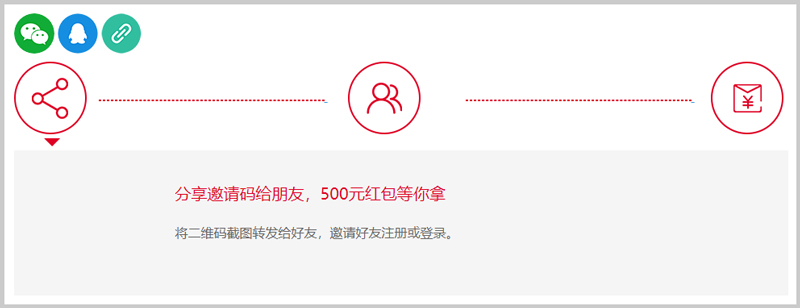http://www.anyangxp.com/zb_users/upload/2024/05/20240523103154171643151480861.jpeg|http://www.anyang
9月14日,欧盟委员会正式提议禁止所有强制劳动的商品进入欧洲市场。该禁令倡议旨在涵盖制造生产的所有阶段。欧委会主席冯德莱恩Ursula von der Leyen发表完“盟情咨文”后,宣布了关于在欧盟
孕前饮食减肥运动博主实测:如何安全而有效地减掉多余体重近年来,随着人们对健康生活的追求不断增加,越来越多的人开始关注孕前减肥。对于准备怀孕的女性来说,减肥并不是一件轻松的事情。所以,今天我们请来了一位
adidas Originals虽然说只是阿迪达斯旗下的子品牌,但这两年来,它发展的势头相当猛烈,在海内外都取得了良好的销售业绩。尤其是借助了一些大型体育赛事,如奥运会、世界杯等,阿迪达斯作为官方赞助
http://www.hwenz.com/pic/扎心感情语录短句感情小段子细选散感情真正在故事.jpg
在化学分析领域,特别是针对有机溶剂及溶液的标准物质分析,精准性至关重要。多年来的实验室工作经验让我深刻体会到,每一个细微的操作差异都可能对分析结果产生重大影响。一、标准物质的重要性与挑战1、溶剂特性了
中国消费者报北京讯记者孟刚)3月27日,国家卫生健康委、市场监管总局联合印发2025年第2号公告,发布50项新食品安全国家标准和9项修改单。其中提出,不允许再使用“不添加”“零添加”等用语。新发布标准
在化学分析领域,每一次精准的测量都离不开标准物质的校准与验证。特别是在复杂有机化合物的分析中,甲醇中邻二甲苯溶液标准物质以其独特的稳定性和适用性,成为了众多实验室的首选。多年的从业经验让我深知,选择正
http://www.hwenz.com/pic/女人豪情经历感情少篇故事感情好文深度好文.jpg
近日,Nike 旗下的毁灭者夹克新配色在 SNKRS 中国正式上架,引发了广大潮流爱好者的广泛关注与热烈讨论。这款夹克作为 Nike 的经典之作,凭借特殊的设计风格和不俗的品质,一直备受全球粉丝的追捧
巴西私募企业3G Capital计划以约94亿美元的现金对价,收购美国运动鞋品牌Skechers斯凯奇)。这一交易预计将于2025年第三季度完成,若交易顺利达成,斯凯奇将告别资本市场,成为一家私人控股
中国消费者报北京讯记者孙燕明)近日,为贯彻落实食品安全“最严谨的标准”要求,根据《食品安全法》及其实施条例规定,国家卫健委发布《2023年度食品安全国家标准立项计划》,今年拟制修订39项食品安全国家标
http://pic1.k1u.com/k1u/mb/d/file/20240521/1716279769738084_836_10000.jpg|http://pic1.k1u.com/k1u/mb
孕前检查是每位准妈妈必须经历的一项重要程序。对于已经被诊断为糖耐高的准妈妈来说,控制饮食是降低血糖风险的关键。在这篇文章中,我们将为您分享一些有助于控制血糖的饮食建议。合理安排饮食是非常重要的。准妈妈
即日起,邀请好友注册伟业计量官网会员,即可免费领取百元代金券,更有机会直接领取500元现金红包。参与步骤如下:1、点击右上方“登录”按钮登录账号,新用户首次登录时自动注册。2、

